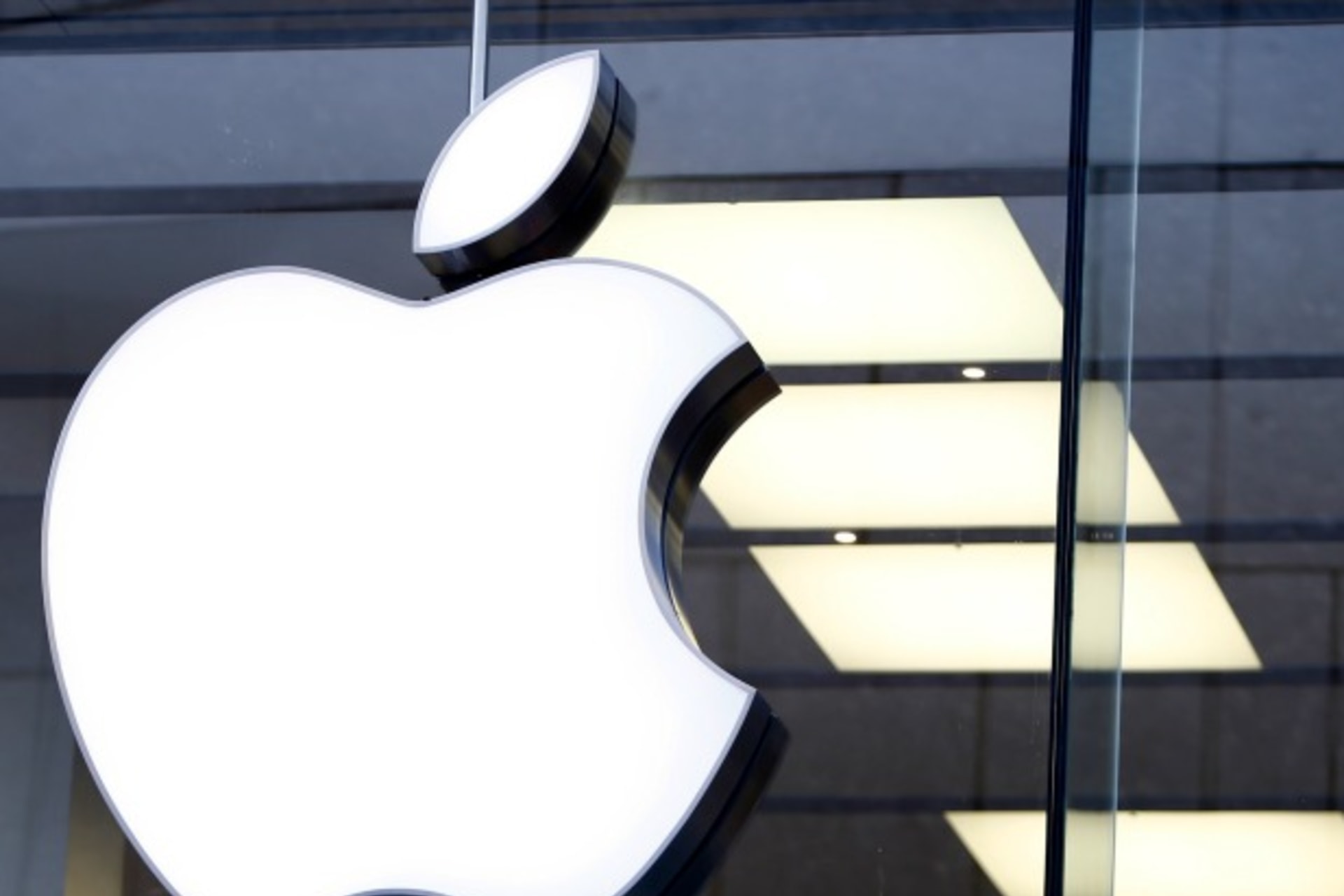Cyber Week in Review: April 1, 2016

By experts and staff
- Published
Experts
![]() By Adam SegalIra A. Lipman Chair in Emerging Technologies and National Security and Director of the Digital and Cyberspace Policy Program
By Adam SegalIra A. Lipman Chair in Emerging Technologies and National Security and Director of the Digital and Cyberspace Policy Program
Here is a quick round-up of this week’s technology headlines and related stories you may have missed.
1. The FBI unlocks the San Bernardino iPhone. The Department of Justice has withdrawn a legal action that compelled Apple to develop software enabling the FBI to unlock the one of the San Bernardino attacker’s iPhone. The Department stated it was no longer necessary for Apple to perform the task as it was able to unlock the device without the company’s assistance thanks to an outside party. The FBI has not specified whether it found anything of interest or what method it used to crack the device. The abrupt end to the legal confrontation largely demonstrates what some computer security experts have said all along, any device can be hacked and Apple does not possess “exclusive technical means” to unlocking its product. Apple said in a statement released Monday that the discussion about privacy should not end with the lawsuit. It probably won’t. Similar government requests for assistance are pending in New York and Arkansas.
2. New anti-cybercrime proposals in Brazil could undermine Marco Civil protections. A Brazilian legislative commission tasked with examining cybercrime in the country has proposed eight laws that would increase state control over Internet content. The bills include a two year punishment for web users who violate the “terms of use” of a site, a requirement for social network sites to remove any content that targets the honor of politicians within 48 hours and assigns the Brazilian federal police--as opposed to state and local forces--responsibility for crimes committed using a computer or mobile phone. Although the report is intended to combat cybercrime, critics fear these bills will undermine the Marco Civil da Internet, a 2014 law that currently governs the country’s Internet use and promotes protection of privacy rights, net neutrality and open government.
3. Egypt blocks Facebook’s Free Basics Internet service. Reuters reports that Egypt has blocked Facebook’s Free Basics Internet service at the end of last year after the company refused to give the Egyptian government the power to conduct surveillance on its users. Free Basics was launched in Egypt in October and provides Facebook users in developing countries with access to a set of Internet services at no charge. Egypt’s Ministry of Communication declined to specifically to comment on the accusation but said that Free Basics, used by more than 3 million Egyptians, was “harmful” to competitors in Egypt’s telecommunications. This is not the first time that the Free Basics program has been linked to controversy. The service was effectively banned earlier this year in India after regulators determined that it violated the country’s net neutrality rules.
4. Under pressure from netizens, China agrees to temporarily disable the Great Firewall. Xi Jinping announced that he would temporarily disable the Great Firewall to allow Chinese netizens to watch the sixth season of Game of Thrones. The unprecedented and surprising move came as a result of millions of Chinese netizens petitioning the Cyberspace Administration Office and its head, Lu Wei, who recently expressed his affinity for Petyr Baelish in a Xinhua puff piece. Lu convinced Xi to lift the restrictions in a meeting of the Central Leading Group of Cyberspace Affairs. State media has subsequently run numerous editorials extolling the decision and urging party members to “study and implement Chairman Xi’s important speech on the Lord of Light.” Netizens rejoiced on Weibo. Many expressed relief that they no longer needed to use cumbersome circumvention tools that can cause videos to stutter or resort to watching grainy and poorly subtitled copies of the show on Tudou, a popular video-sharing website.
5. Russia-U.S. cyber talks to resume. Politico has confirmed that Russia and the United States will meet in Germany later this month to discuss cybersecurity. The meeting will be centered on the implementation of the 2013 Russia-U.S. cybersecurity agreement, aimed at improving communication between the two countries. Moscow will no doubt raise its proposals for a “cyber non-aggression pact” and Washington is likely to push back, arguing that existing international law already regulates state activity in cyberspace. Talks between both countries were suspended in 2014 following the Russian annexation of Crimea.
